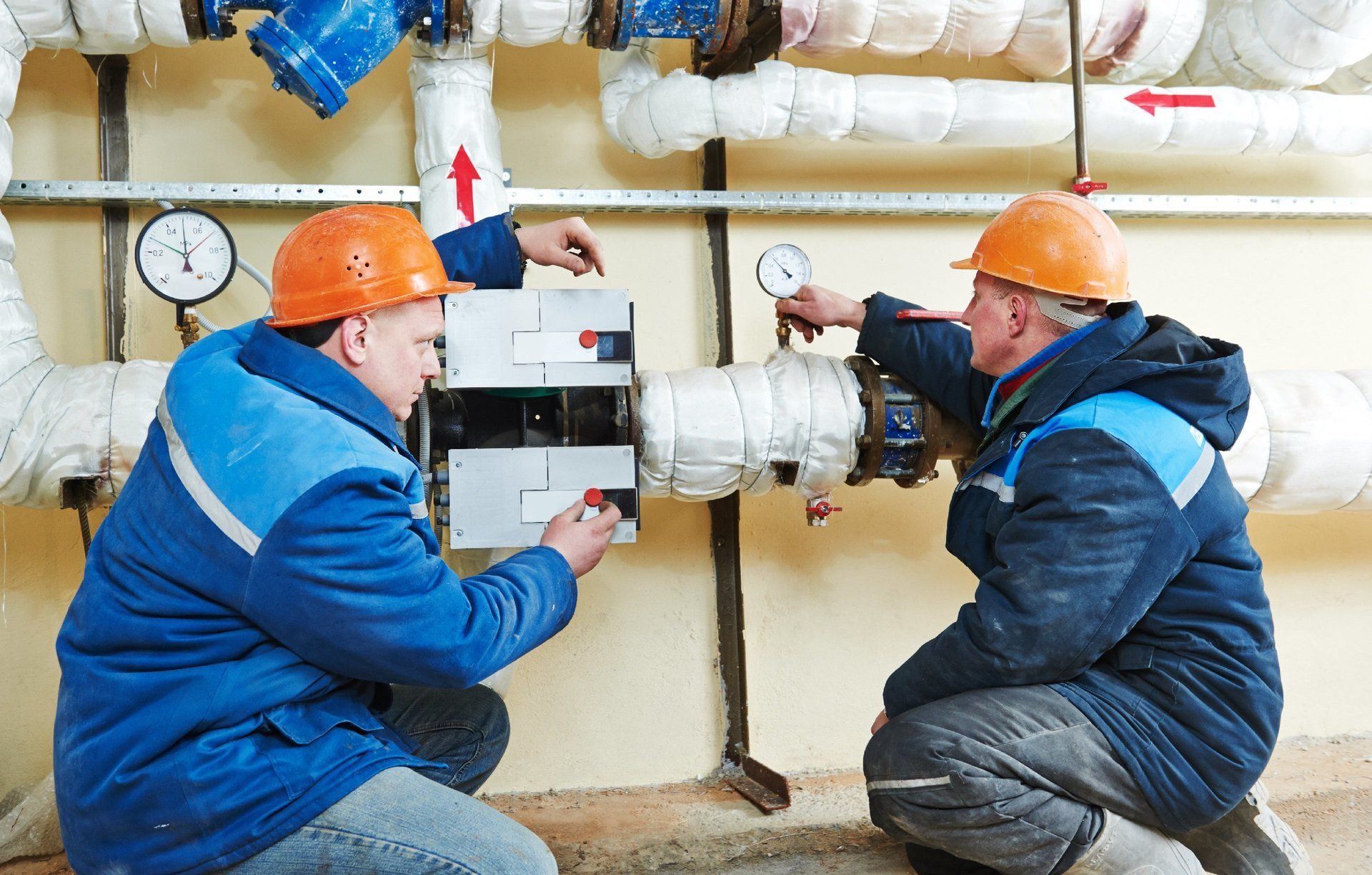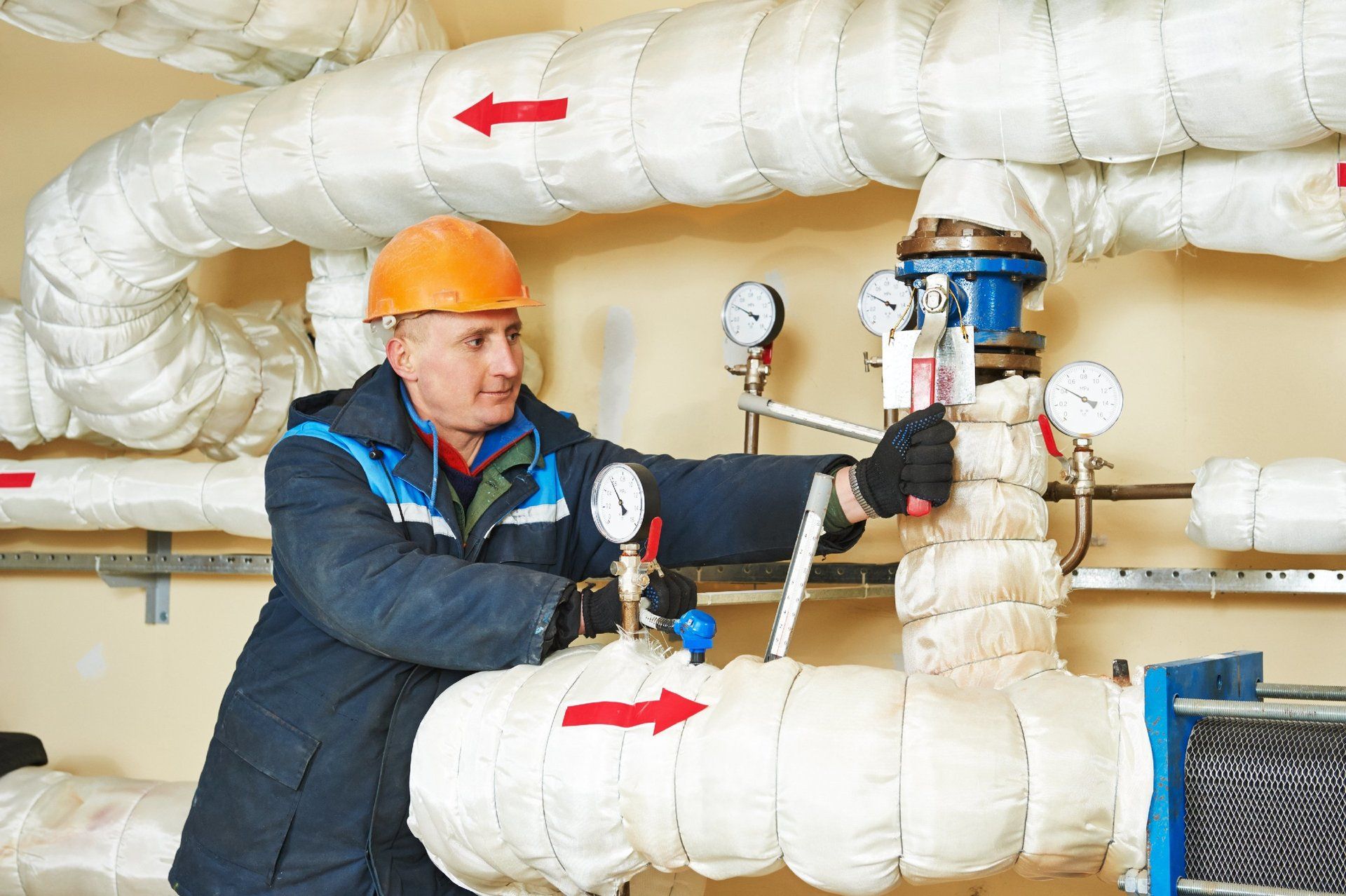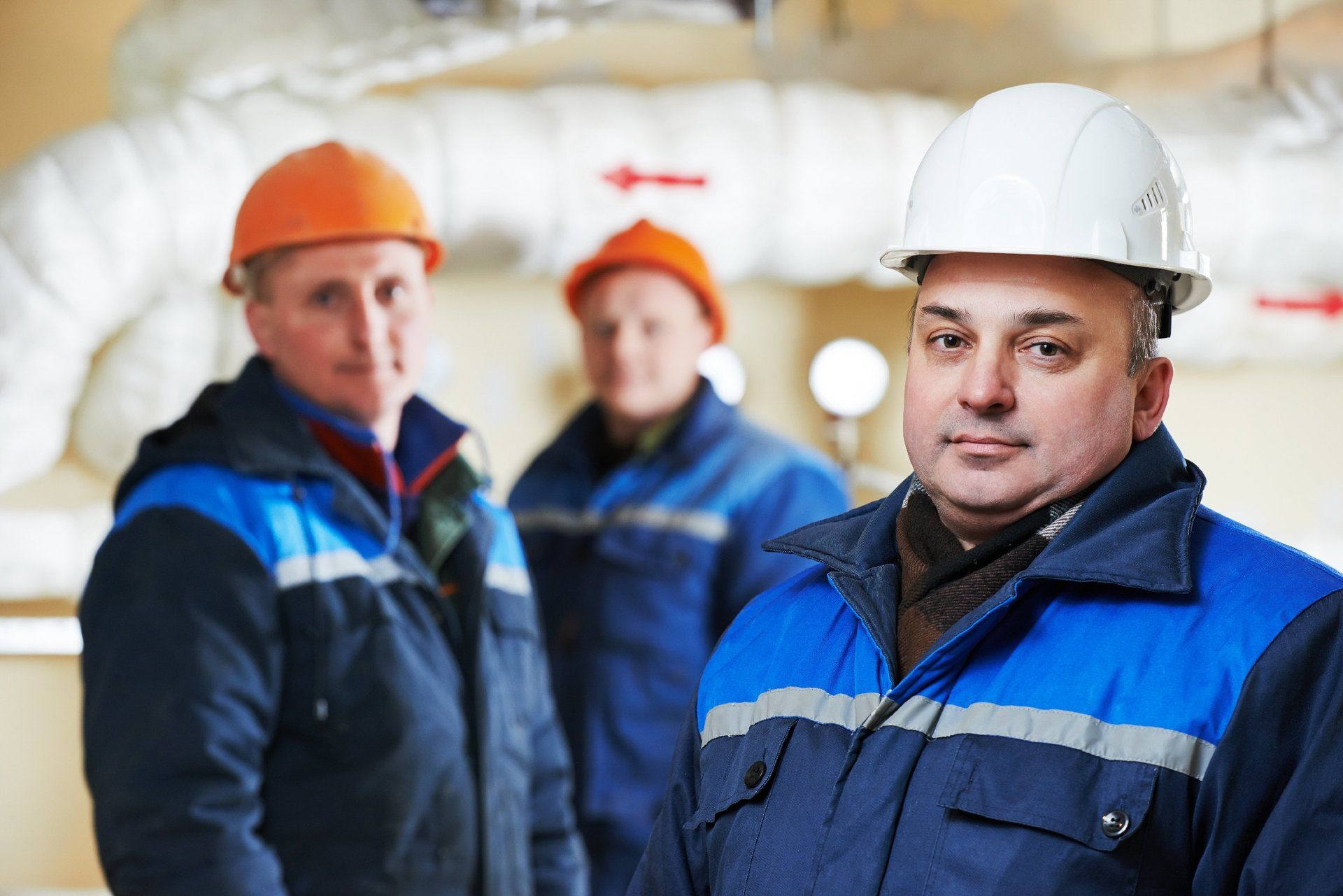Biogas Services by viewmyair
Biogas detection & transition
viewmyair services are leading the way by investing into realistic technological solutions, empowering our clients and aligning action in key areas such as policy, and research for a seamless transition. Delivering what matters most: safety, efficiency, reliability, sustainability – and ultimately, peace of mind.
What is biogas / biomethane ?
Biomethane is a naturally occurring gas which is produced by anaerobic digestion of organic matter such as dead animal and plant material, manure, sewage, organic waste, etc. Chemically, it is identical to natural gas which is stored deep in the ground and is also produced from dead animal and plant material.
Biomethane, is produced from “fresh” organic matter which makes it a renewable source of energy that can be produced worldwide.
Biomethane has a number of environmental benefits which make it a green source of energy. Organic matter from which biomethane is produced would release the gas into the atmosphere if simply left to decompose naturally, while other gases that are produced during the decomposition process such as nitrous dioxide for instance further contribute to the greenhouse effect.
Biomethanes are also produced through:
- Agricultural Waste
- Landfill Gas
- Farm Waste
- Mixed Food Waste
- Sewage Waste and Water Treatment
Applications for biomethane
Since biomethane is chemically identical to natural gas, it can be used for the same applications as natural gas. It can be used for electricity generation, water heating, space heating, cooking as well as to fuel vehicles.
Biomethane offers great potential as an alternative source of energy, especially to fossil fuels. Despite the fact that its usability is known for quite some time, production of biomethane started only in the recent years as a result of the rising prices of natural gas and high electricity prices other fossil fuels as well as the threat of global climate change
Upgrading existing networks from natural gas to biomethanes that are injected into the grid.
The EU & UK aims to be climate-neutral by 2050 – both economies with net-zero greenhouse gas emissions. This objective is in line with commitment to global climate action under the Paris Agreement, The European Green deal, and COP26. The Paris Agreement is a legally binding international treaty on climate change. It was adopted by 196 Parties at COP 21 in Paris, on 12 December 2015.
The directive has implemented plans to convert natural gases to more eco available gases through anaerobic digestion and thermal gasification processes. Upgrading existing networks from natural gas to biomethanes that are injected into the grid.
Servicing & maintaining biomethane detection equipment

Servicing Bio Gas Detection Equipment
viewmyair site services offer specialist servicing, maintenance, and calibration of gas detection equipment across the UK - biomethanes and other gases
With engineers covering London, the South East, and nationwide, we can ensure that you’re gas detection systems are kept in excellent condition, maintained, and working as expected in all environments.
we recognise that technology plays a vital role in safety and peace of mind which is why our customer portal is available to all our customers, providing a platform to monitor and receive alerts from your gas detection systems 24/7..

Biomethane gas detection
Gas Detection equipment often gets installed and forgotten about. It’s often the case that these safety systems are installed and left for their duration.
However, servicing and maintaining gas detection is an essential part of what we offer at viewmyair.
It is recommended that gas detection servicing be carried out at least once a year and more than once in extreme environments. To add, many manufacturers advise of a life expectancy of only 5 years on gas detection sensors. Meaning many may already be not fit for purpose
Every second counts and ensuring the gas detection maintenance regime is standard practice is the first line of safety to prevent catastrophic events within buildings.

It is generally recommended that calibration is performed if it is suspected that the instrument has been subjected to any condition that could have an adverse effect on the unit such as; sensor poisons, high gas concentrations, mechanical shock, liquid spill, and temperatures, etc.
Most well-known manufactured gas detection equipment works within temperature ranges of -5°C and up to a maximum of +40°C
In recent times the UK has seen temperature ranges drastically increase and decrease. In February 2019 temperatures were recorded at lower than -12°C, and in 2022 we have seen temperatures reach 43.3°C in lincolnshire, with 34 sites exceeding 40°C. These temperature ranges could mean gas detection equipment is void and no longer doing the job it should.

To ensure the safe and accurate operation of Fixed Gas Detectors, they need to be periodically calibrated against reference test gases that are traceable to National Physical Laboratory standards.
The recommended calibration period for most gas detectors is six months although the frequency may need to be increased where continual exposure to the target gases is experienced.
Between calibrations, our fully trained engineers also check that the response of the detector is fit for purpose by using an appropriate specialist test gas.

Detectors are ‘Optimum calibrated’ when manufactured, the performance and accuracy of the detectors can deteriorate with time, the rate of which depends on the type of sensor and the operating conditions e.g. dusty, corrosive or damp environments and temperature fluctuations can cause an accelerated decline in response and accuracy.
Due to this, it is vital to consider the manufactures recommendations for testing and calibration frequency. It is recommended that the detectors are recalibrated and tested on an annual basis at least.
viewmyair services engineers are trained to service and calibrate any make or model gas detection sensor.

Remote monitoring
viewmyair services offer a total solution which can include a no obligation site survey, risk assessments and hardware installation.
With our dedicated ongoing technical support, you can be sure your investment is in safe hands. Our Safety Gas Detection systems are supplied ready configured and tested for your application ensuring simple installation.
Units are manufactured in our factory in the UK
All of our systems can monitor more than one gas and can cover multiple areas of buildings.
An impressive warranty package

What's Included in the Service?
viewmyair services will provide you with a dedicated account manager, whether you are a large corporate business, an independent school, or an NHS trust. viewmyair services takes the safety of gas detection very
seriously. That's why our teams are trained to the highest level of gas detection safety compliance
Your dedicated account manager will allocate you one of our gas
detection engineers who will conduct the following;
- Visual inspection to confirm that all cabling, fittings, and equipment is secure, undamaged, and adequately protected and that sensor housings are not obstructed or covered in any way.
- Sensor positioning checked for correct siting.
- Control Panel Isolator check.
- Power up and ensure no system faults are being reported.
- Full system function check
- Appropriate test gas to be applied to all detector heads, with diagnostics and results recorded.
- Confirm that the control unit alarm lamps and internal sounder operate satisfactorily when test gas is applied.
- Check for any remote indicators and sounders connected to the system respond correctly.
- Clean and remove any dust/ debris from sensor enclosures
- Function check to auxiliary equipment
- Test Gas Valve power output
- Ensure that the system is fully operational after servicing.
- Check that operational manual are readily available.
- Test date label attached to the equipment.
- A fully comprehensive and interactive servicing report issued to you within 48 hours of completed calibration/servicing
Book your service now
Submit your request and we'll get back to you soon
Thank you for requesting a service.
One of our team will be in contact with you shortly.
Please try again later
If you need support please call us on 020 3835 1111
our experts are waiting to help you



